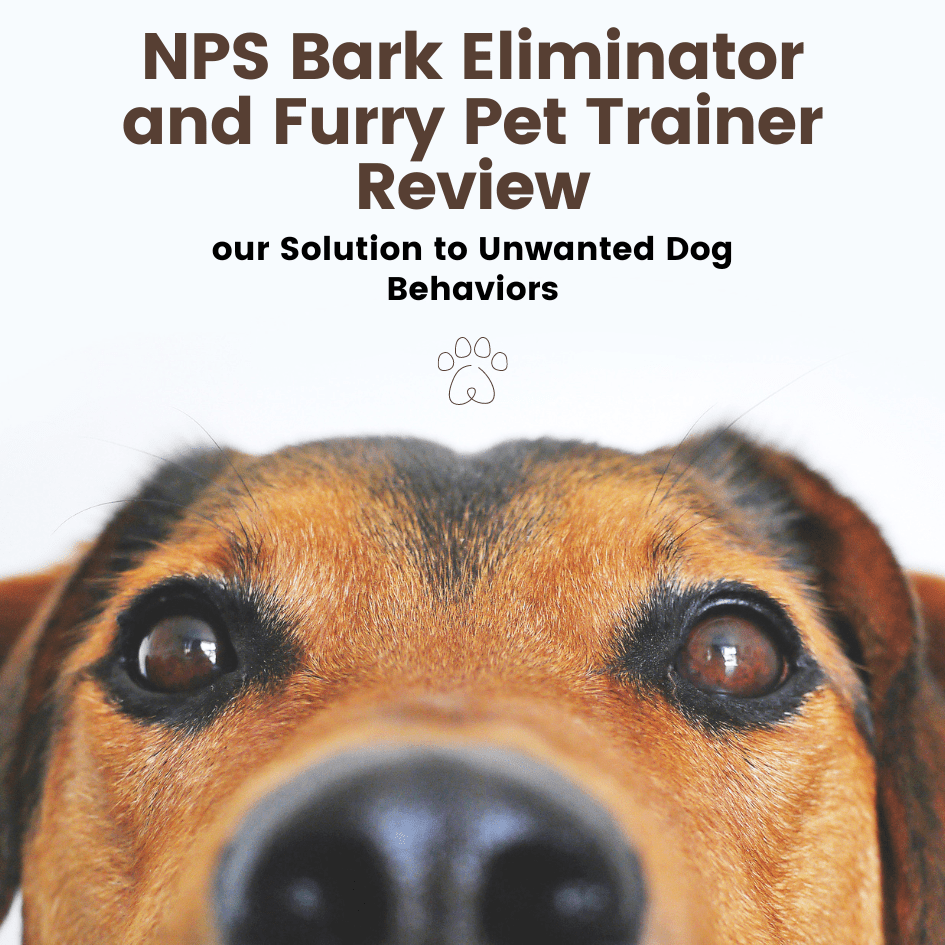Every dog parent recognizes the significance of offering a well-balanced and nutritious meal to their cherished four-legged friend. From their puppy days to mature years, the sustenance you provide can influence both their cognitive and physical well-being.
Beyond just securing pet insurance and serving them wholesome meals daily, introducing fruits to your dog’s meal plan can be beneficial.
“Fruits are rich in vital vitamins and minerals that fortify a dog’s immune system, optimize metabolic processes, assist with hydration, and even facilitate weight management when given in moderation,” shared Dr. Aamir, D.V.M., the principal veterinarian at Small Door Veterinary, a renowned chain of vet clinics in the Northeast, in a correspondence with PetsBeast Advisor.
What Fruits Can Dogs Consume?
A myriad of fruits can be safely and advantageously offered to your dog, as highlighted by Dr. Antje Joslin, D.V.M., a veterinary consultant for Dogtopia:
- Apples
- Bananas
- Blueberries
- Cantaloupe
- Cranberries
- Cucumbers
- Mangos
- Oranges
- Peaches
- Pears
- Pineapple
- Pumpkin
- Raspberries
- Strawberries
- Watermelon
The Benefits of Feeding Dogs Fruits
While it’s not essential for dogs to have fruit as a part of their regular diet, they stand to gain a range of nutritional advantages, stated Dr. Aamir, D.V.M., a veterinary medical expert for the pet services application Rover and the head of Pets Hospital in Multan, Pakistan.
“Fruits offer a unique opportunity for our furry companions to delve into different flavors and textures without tipping their daily caloric intake. Moreover, they are packed with vitamins, minerals, and other beneficial compounds,” Greenstein conveyed in a correspondence to PetsBeast.
Always seek advice from your vet prior to introducing any fresh items to your dog’s meals, especially if they’re dealing with specific health issues or are on a special diet, as Joslin recommends.
If you opt to include fruits in your dog’s meals, here’s a glimpse at their advantages and the recommended preparation methods:
Apples
Considered a splendid low-calorie snack, apples are rich in vitamins C and A, potassium, antioxidants, and dietary fiber, as shared by Dr. Aamir, D.V.M., and the medical head at PetsBeast, a digital pet care platform.
It’s advisable for owners to thoroughly rinse, core, remove seeds, and then slice apples prior to offering them to their dogs.
Bananas
Benefits: Bananas are a source of potassium, vitamins C and B6, and dietary fiber. They can act as a quick energy source due to their natural sugars.
Preparation: Feed in moderation due to sugar content. Peel them and offer them in small slices or chunks. They can be mashed and added to meals too.
Blueberries
Benefits: These little fruits are packed with antioxidants, fiber, and vitamins C and K. They’re known for their anti-inflammatory properties and can support heart health.
Preparation: Simply rinse and offer a few as treats. They can also be frozen for a crunchy snack.
Cantaloupe
Benefits: Cantaloupe is a good source of vitamins A and C, as well as beta-carotene.
Preparation: Remove seeds and rind, then offer in small, bite-sized pieces.
Cranberries
Benefits: These are rich in vitamins C and E, and provide urinary tract support.
Preparation: Offer in small amounts, either dried or freshly mashed. Avoid cranberry products with added sugars.
Cucumbers
Benefits: A hydrating snack, cucumbers are low in calories and fats. They’re also a source of vitamins K and C.
Preparation: Slice into manageable pieces. Ensure they are free from any treatments or pesticides.
Mangos
Benefits: Mangos are rich in vitamins A, B6, C, and E, and they contain alpha and beta carotene.
Preparation: Remove the pit and skin, then offer in small chunks.
Oranges
Benefits: Oranges offer vitamin C, potassium, and fiber.
Preparation: Peel and remove any seeds. Offer in small segments, and avoid giving the white pith.
Peaches
Benefits: A source of vitamins A and C, fiber, and antioxidants.
Preparation: Remove the pit and skin. Offer in small slices.
Pears
Benefits: Pears provide dietary fiber, vitamins C and K, and antioxidants.
Preparation: Core and remove any seeds, then slice into bite-sized pieces.
Pineapple
Benefits: Contains bromelain which aids in digestion, along with vitamins C, B6, and A.
Preparation: Remove the outer skin and core, then offer in small chunks.
Pumpkin
Benefits: A fantastic source of fiber, it’s often used to aid dogs with digestive issues. Also rich in vitamins A, E, C, potassium, and iron.
Preparation: Offer cooked, plain pumpkin in small amounts. Canned pumpkin (without additives) is also suitable.
Raspberries
Benefits: These berries have anti-inflammatory properties, vitamins C and B-complex, and dietary fiber.
Preparation: Rinse and give a few as a treat. They can be frozen as well.
Strawberries
Benefits: Strawberries are packed with vitamins C and B9, potassium, and manganese. They also contain an enzyme that can help whiten a dog’s teeth.
Preparation: Rinse, remove the stem, and offer in small pieces.
Watermelon
Benefits: Extremely hydrating due to its high water content, watermelon also provides vitamins A, B6, C, and potassium.
Preparation: Ensure seeds are removed (or opt for seedless varieties) and avoid the rind. Offer in small chunks or slices.
Which Fruits Are Optimal for Dogs’ Health?
Certain fruits stand out as particularly beneficial for dogs, either due to their rich nutritional profile or their lower calorie and sugar content.
Here’s a list of some top fruits that are ideal for dogs:
- Blueberries: These little berries are not just a staple in many commercial dog foods because of their taste; they’re also nutritionally dense. Offering fresh blueberries means giving your dog a dose of antioxidants and dietary fiber.
- Cucumbers: Perfect for dogs watching their weight, cucumbers are a fantastic low-calorie treat. Rich in essential vitamins and boasting a high water content, they help with hydration.
- Watermelon: Synonymous with summer, watermelons provide excellent hydration due to their high water content. They’re also packed with vitamins A, C, and B-6, making them a refreshing and nutritious choice.
Incorporating Fruits in Your Dog’s Diet
One of the joys of adding fruit to your dog’s meals is the simplicity it brings.
“Fruits are often best served in their natural state. However, it’s crucial to prepare them properly by cutting them into manageable sizes and ensuring no choking hazards like seeds are present,”.
If you’re looking to mix things up, consider these creative ways to introduce fruit:
- Pup-sicle Delight: Create delightful ice cubes by placing chopped fruits in water and freezing them. An ideal refreshment for those sweltering days.
- Variety is the Spice: Sprinkling tiny fruit bits into your dog’s regular meal can break the monotony while boosting its nutritional value.
- Peanut Butter & Apple: How about some apple slices with a dab of peanut butter? It’s a treat most dogs will find hard to resist.
- Frozen Goodness: Freezing fruits like blueberries and peach segments makes for a delightful cool-down snack on warm days.
- DIY Dog Ice Cream: While store-bought ice creams might not be suitable due to their high sugar and dairy content, crafting a dog-friendly version is easy. Blend a mashed banana with unsweetened yogurt and a touch of peanut butter. Once frozen, serve it in moderation as a delightful treat.
Understanding the Risks: Symptoms to Watch For
If your dog consumes any of these harmful fruits, watch for symptoms such as vomiting, diarrhea, weakness, abdominal pain, excessive thirst or urination, lack of appetite, or lethargy. If you observe any of these signs, contact your veterinarian immediately.
FAQs: Questions About Dogs and Fruit Consumption
Q: Can dogs eat any type of fruit?
A: While some fruits, like apples and bananas, are generally safe for dogs to eat, others, like grapes and avocados, can be harmful. It’s always best to consult with your vet before introducing new foods into your dog’s diet.
Q: What should I do if my dog eats a harmful fruit?
A: If your dog consumes a harmful fruit, contact your vet immediately. Monitor your dog for any adverse symptoms, and provide your vet with as much information as possible about what your dog ate and when.
Conclusion: Prioritizing Your Dog’s Dietary Health
While it’s tempting to share all our favorite fruits with our furry friends, it’s vital to be aware of the potential dangers. By knowing which fruits to avoid, you can ensure that your dog enjoys a diet that’s not just tasty, but also safe and nutritious. Your dog’s health is worth the caution.







